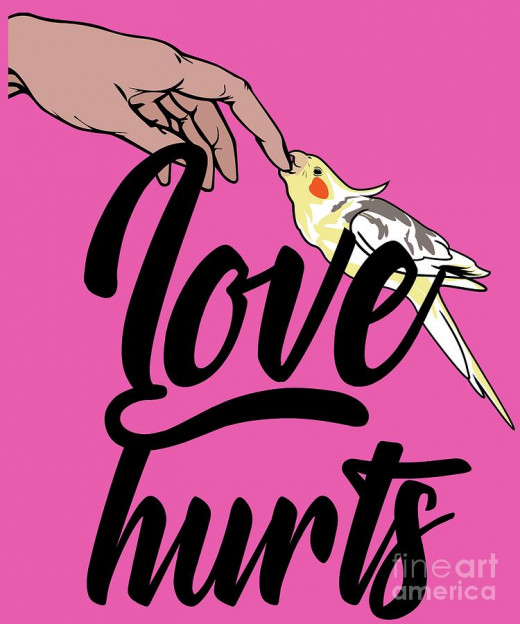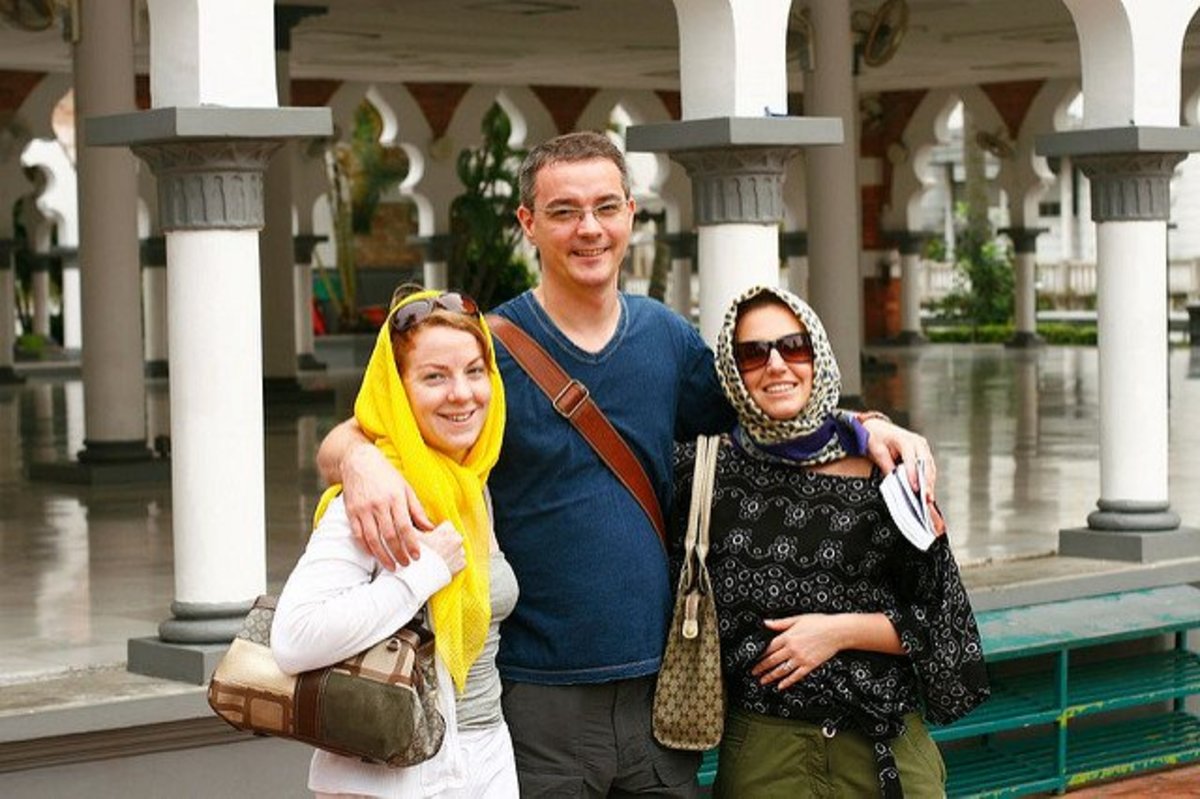Settling for Less Is Not Noble-so Don’t Do It.

Love Isn't "Supposed" to Hurt
There is a pervading-and quite troubling-notion in our society that is oft seen reflected in media and the arts; the romance of the self-sacrificing lover. This trope enforces the false belief that loving an abuser and maintaining a toxic relationship is a hallmark of fortitude and loyalty, and that partners are meant to endure undue hardship and pain inflicted upon them by their other half because “real relationships are hard”. “Love sucks”, “love hurts”, and many other adages found peppered in catchy pop songs and angsty teen poetry seem to be manifestations of a deeply ingrained myth that chronic martyrdom in the name of romantic love is normal; it is implied that love is just supposed to hurt.

A Harmful Trope
This cliché can be observed in countless great works of literature: the tragic case of Ophelia from Hamlet; Gatsby’s non-reciprocated (and ultimately fatal) affections for Daisy in The Great Gatsby; the Little Mermaid’s fate in Hans Christian Anderson’s original rendition of the tale; and a particularly poignant case in Rhett Butler from Gone with the Wind (arguably, at the end of the novel it’s Scarlett who ends up alone and hurt with the roles having been reversed). Several films also employ this trope, such as Star Wars’ Padme and Anakin. Romanticization of this toxic relationship dynamic is rampant in fiction.

The Idealization of "Lovers' Quarrels"
Now of course, most adults are well capable of separating fantasy from reality, and there is no end to the number of critical take-downs posted on the internet by people who are critical of this depiction of abuse in media. However, I have recently seen a staggering number of posts on social media that assert that relationships that require “extra work” are worth working through, even when that extra work entails enduring abuse or neglect. A common saying I heard recently and while growing up is that “real couples fight all the time”. While it is certainly conceivable that two individuals with their own thoughts, feelings and ideals may clash occasionally, as conflicts are human; when said conflicts are habitual and involve deep insults, physical violence or disrespect, that goes well beyond the realm of normal couples’ arguments.
Fighting is also a more extreme manifestation of conflict in a relationship. A kind of hurt that I hear about far less often, but that deserves equal attention, is that of emotional neglect. Consider popular depictions of nuclear families in children’s cartoons or sitcoms-in how many of them is it a running gag that the intelligent and doting mother finds herself caring for an absent partner who would rather kick back and watch football than pay attention to his wife or children?
A common saying I heard recently and while growing up is that “real couples fight all the time”.

Wanting Attention Isn't "Too Much"
Another concept to consider is that of the “clingy” girlfriend. How many memes, comedy skits, and tv show gags center around the idea that a woman wanting her male partner to take his attention away from an activity and devote some amount of time to her is needy and unnecessary? With the recent rise of social media posts showing men playing video games in their female partner’s delivery rooms while they’re in labor, I can’t help but wonder what’s supposed to be comedic about these damning images. All I see is a depressing insight into an unequal relationship where one partner is going as far as to potentially sacrifice their health and well-being in order to bring the two’s child into the world, and the other can’t be bothered and would rather play Fortnite.
There is an unasked question underlying this harmful statement-”What does the martyr gain in return?”. Oftentimes, the answer seems to be nil. And even if there were some positives in maintaining a connection to a person who isn’t healthy to be with, overall such a partnership is a net negative investment. Uncaring spouses seldom contribute equally to housework, child rearing, and general labor, be it physical or emotional. An apathetic boyfriend or girlfriend likely won’t be supportive when times get tough, no matter how much support was offered to them.
”What does the martyr gain in return?”. Oftentimes, the answer seems to be nil.
Never Settle.
When analyzed logically it can be readily concluded that unhealthy relationships offer, at best, diminishing returns in the long run. Sacrificing one’s time, energy or health is not worth the expenditure if it is not returned. Subjugating oneself to another in hopes of having their efforts returned eventually, or due to the erroneous notion that that’s just what love is, is not at all romantic. In fact, it is anything but.
Even if relationships are worth fighting for, they are never worth fighting within.
Always Remember...
Have You Ever Settled For Less?
© 2020 Alexis Morrell








